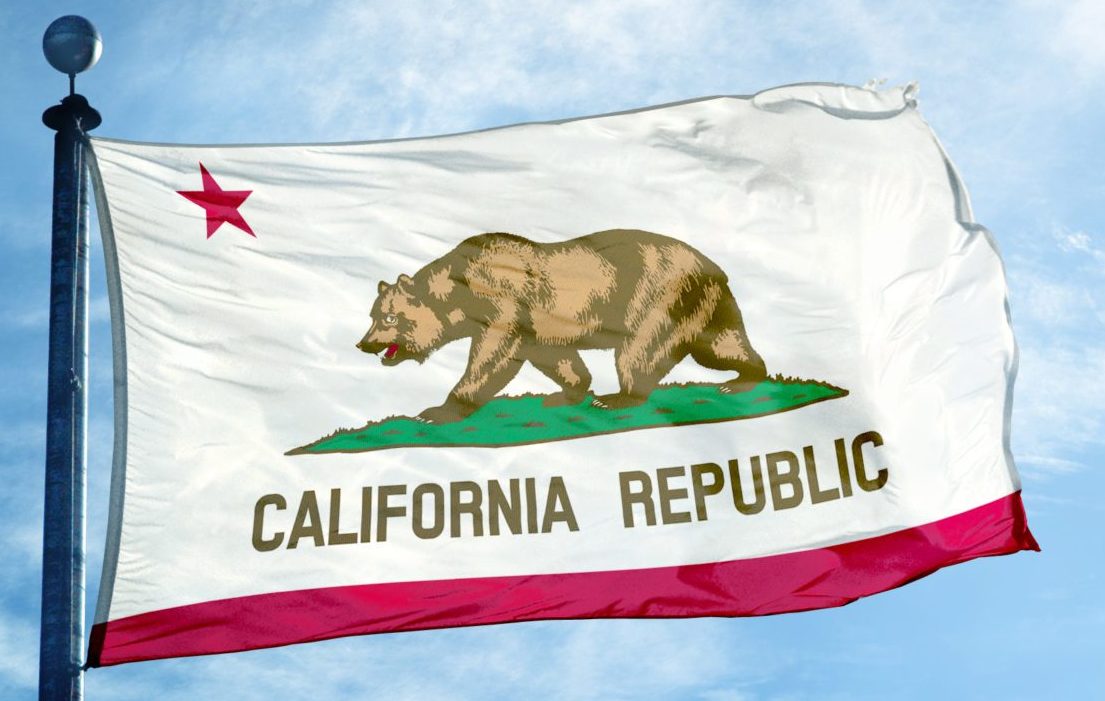The Internet Ethos Ruined California

Voters in my home state of California headed to the polls today to decide whether Democratic Gov. Gavin Newsom will remain the governor of the Golden State. To California’s dispossessed, Newsom embodies a cultural detachment pervasive among the state’s elite class that I’ll call the internet ethos.
In the fall of 2016, I moved from Orange County to Berkeley and started school at the University of California (yes, it was rather black-pilling, thanks for asking). One thing you learn quickly when you move to the Bay Area is that they’re a proud people—and not just in the month of June sense. Bay Area locals have a certain pride of place that runs deeper than the typical lefty lamentations about gentrification, and shouldn’t be too foreign for a locally oriented conservative to understand. Whether or not these eccentric, progressive practices and customs are good is one thing (I think you know where I’ll land on that debate). Nevertheless, they want to conserve their hippiedom, which has become increasingly difficult thanks to the internet ethos.
The forebears of the internet ethos were a strange band of techno-libertarians with streaks of non-conformist or alternative cultural appetites who committed themselves to creating a free internet. At the time, the digital space embodied the promise of unencumbered self expression, rather than the engine for radical social change it is now. (There’s definitely a relationship between these two, but they are not the same.)
As it turns out, it paid well, too. So, the purveyors of the internet ethos went on creating a digital world with its own hubs, fora, marketplaces, and communities where users could do as they pleased with few consequences. More frequent use of these digital alternatives created greater detachment from the physical. Worse yet, as we saw the physical begin to decay, we began applying techno-libertarian ethics beyond the internet to make it all seem fine. Live on the street? That’s your choice! Shoot up heroin next to a playground? Whatever floats your boat!
This lies at the heart of the broader California crisis, and it’s most evident in San Francisco.
Two weekends ago, I graduated college in a short ceremony thrown together at the last minute and about 15 months late; but beggars can’t be choosers, so I went mostly to reconnect with old friends I hadn’t seen since the beginning of 15-plus-however-many days to slow the spread.
A group of my college friends live together in a house in San Francisco’s Mission District. The residential areas of the district are beautiful, and uniquely San Francisco, with rows of vibrantly colored Victorian houses backed up against one another. After I arrived, I caught up with them briefly before they had to return to their well-paid virtual jobs in finance, consulting, or software engineering. All together, I’d say, their house makes at least a half a million a year. Millions of Americans could only dream of owning the house my friends currently divvy up the rent to live in.
As they returned to work, I walked two blocks down to the main commercial strip to grab myself something to eat. What I saw baffled me. Half-naked men and women gathered around their various encampments on the street shooting up, others completely collapsed on the sidewalk, baking in the hot sun. The street was covered in litter, excrement, and other stains that appeared to be other bodily fluids. It hadn’t even been a year and a half since I frequented the city, but it was so much worse than I remembered. And this isn’t even considered a bad part of town.
Hollowing out isn’t just happening in heartland America. It’s afflicting the coasts as well, especially where these monied interests, with the help of the Democratic party, have near-totalizing control.
Conservatives are no strangers to bemoaning the Democratic party’s mismanagement of California, the home of Republican icons like Reagan and Nixon. Their lamentations typically point the finger at progressive Democrats’ policy failures. They say exorbitant taxes and over-regulation has crippled small and large businesses alike, causing manufacturers to flee the state. Gutting both the ability to institutionalize citizens in need of mental help and the institutions themselves has paired with a housing shortage caused by rent control policies to create the largest homeless population in the country. Energy costs are among the highest in the nation, while public school performance ranks among the lowest. Democrats opt to build bullet trains to nowhere while much of the state’s infrastructure decomposes—particularly its power grid, which, together with poor forest management, virtually guarantees half the state will catch on fire every year and leave millions without power.
All of this is true, but those who chose to ingest politics simply through numbers and charts are prone to miss, if not disregard, profound cultural phenomena. My most recent visit to California reaffirmed that belief because data points highlighting California’s policy failures are not sufficient by themselves to explain how the internet ethos created California’s cultural calamity.
As I write, the odds of successfully recalling Newsom are slim, partially thanks to the millions of dollars the state’s oligarchs have poured into preventing it. But, much like the deplorables reminded us in 2016, California’s dispossessed still have a voice in the state’s democratic institutions. Let’s hope they make themselves heard.
Comments